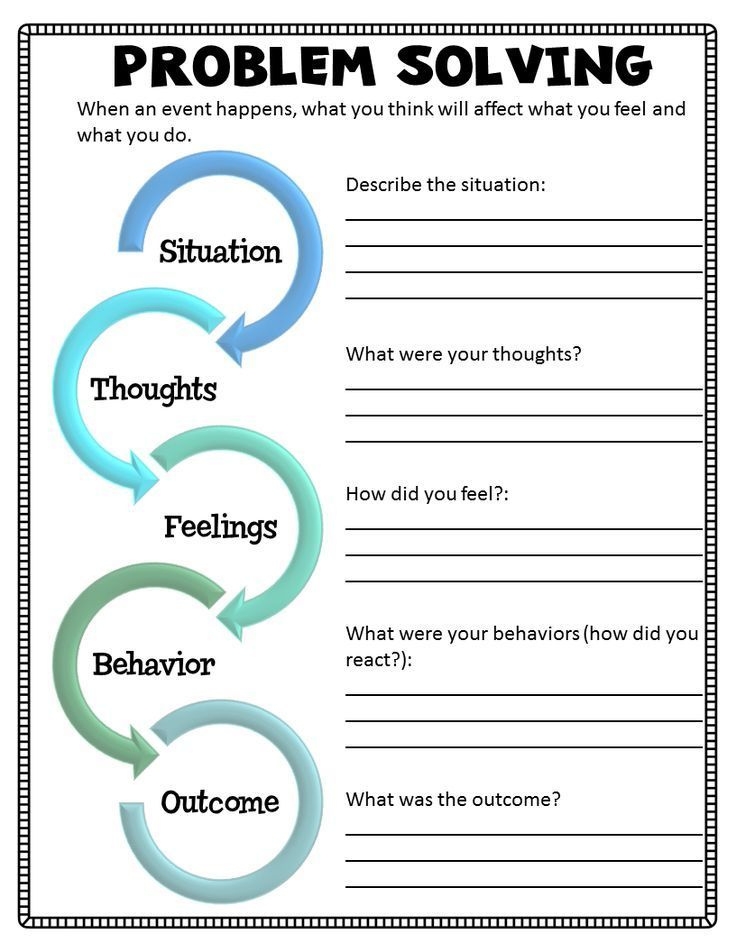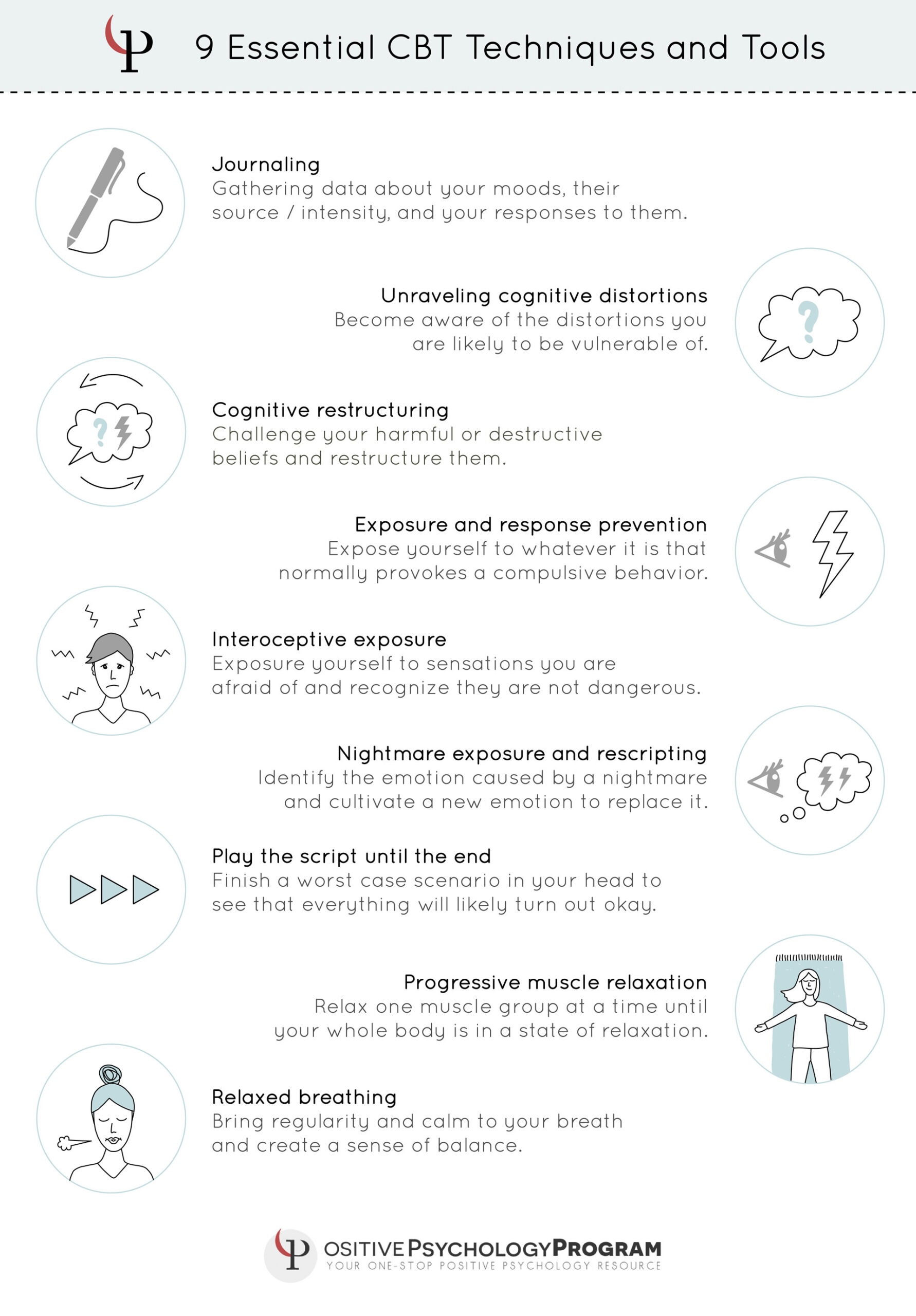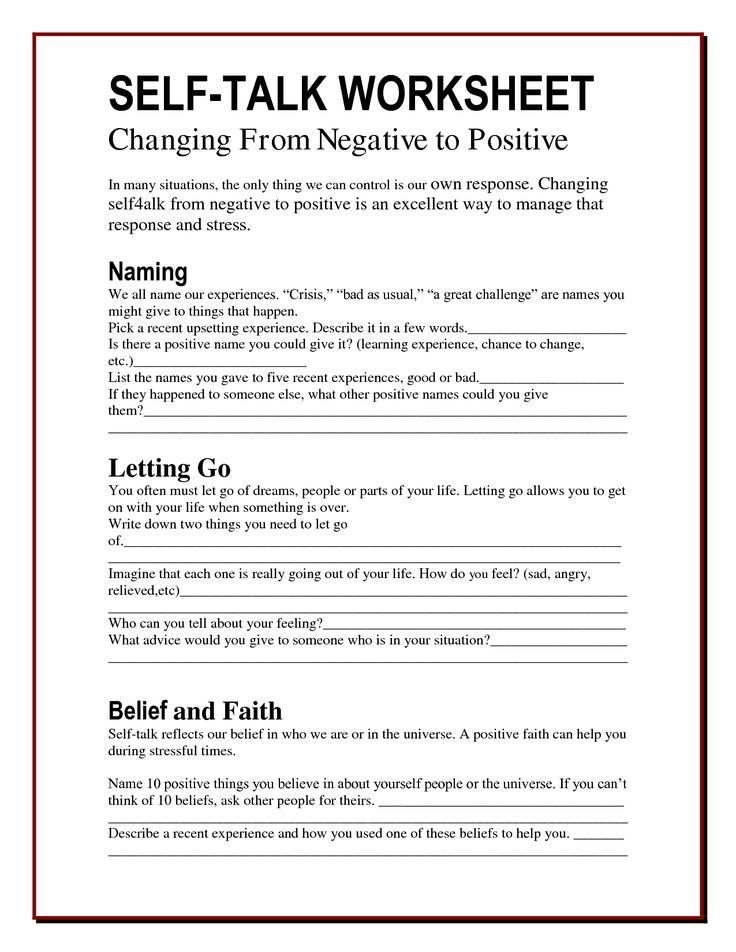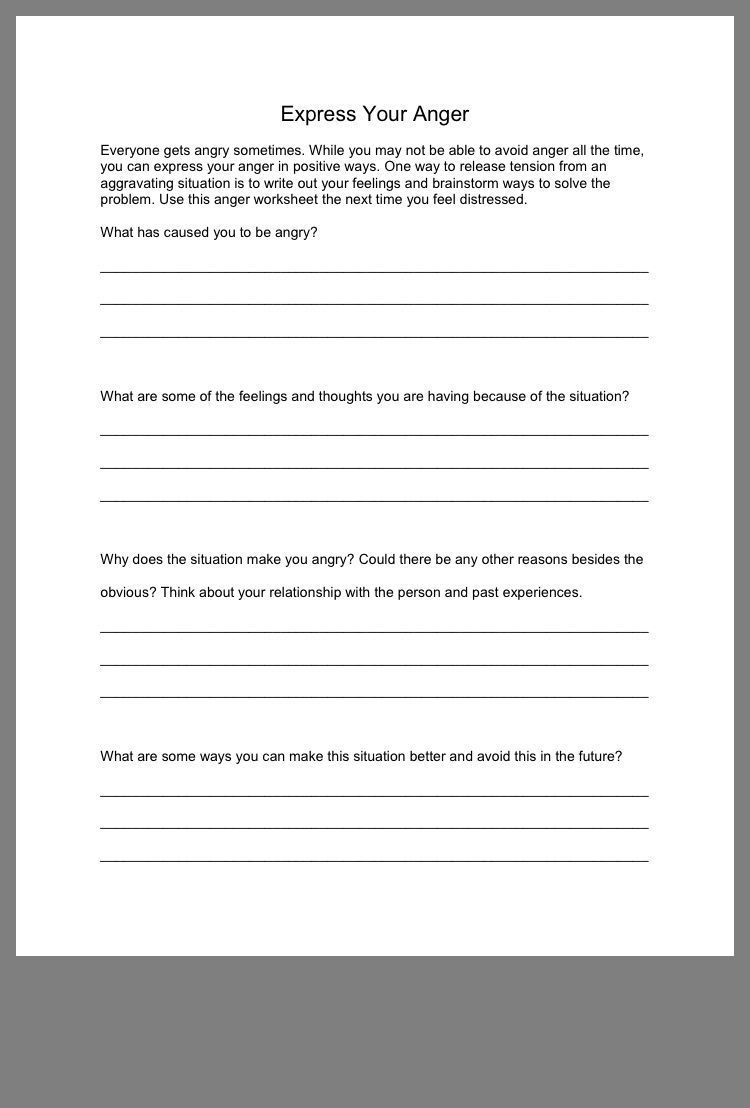For many adults, dealing with anxiety, depression, or other mental health issues can be a daily struggle. Cognitive Behavioral Therapy (CBT) is a widely recognized and effective approach to treating these issues. CBT helps individuals identify and change negative thought patterns and behaviors that contribute to their symptoms. One of the tools used in CBT is worksheets, which can help individuals track their progress and practice new coping skills.
CBT worksheets provide a structured way for adults to work through their thoughts and emotions. They can help individuals recognize and challenge their negative beliefs, develop healthier coping strategies, and monitor their progress over time. These worksheets are often used in conjunction with therapy sessions, but they can also be completed independently as a way to continue the work outside of therapy.
CBT Worksheets for Adults
One common type of CBT worksheet for adults is the thought record. This worksheet helps individuals identify their negative thoughts, challenge them with evidence, and develop more balanced and realistic perspectives. By completing a thought record regularly, individuals can start to notice patterns in their thinking and work to change them.
Another type of CBT worksheet is the behavioral activation worksheet. This worksheet helps individuals identify activities that bring them joy or satisfaction and create a plan to incorporate more of these activities into their daily lives. By increasing positive activities and experiences, individuals can improve their mood and overall well-being.
CBT worksheets can also focus on specific skills, such as relaxation techniques or problem-solving strategies. These worksheets provide step-by-step instructions for practicing these skills and can help individuals build confidence in using them when faced with challenging situations.
Overall, CBT worksheets can be a valuable tool for adults seeking to improve their mental health. By working through these worksheets regularly, individuals can gain a better understanding of their thoughts and emotions, develop healthier coping strategies, and make meaningful changes in their lives. If you are interested in trying CBT worksheets, consider speaking with a therapist or mental health professional who can provide guidance and support.
In conclusion, CBT worksheets offer a practical and effective way for adults to work on improving their mental health. Whether used in conjunction with therapy or as a standalone tool, these worksheets can help individuals develop new skills, challenge negative thought patterns, and make positive changes in their lives. If you are struggling with anxiety, depression, or other mental health issues, consider giving CBT worksheets a try to see how they can benefit you.



